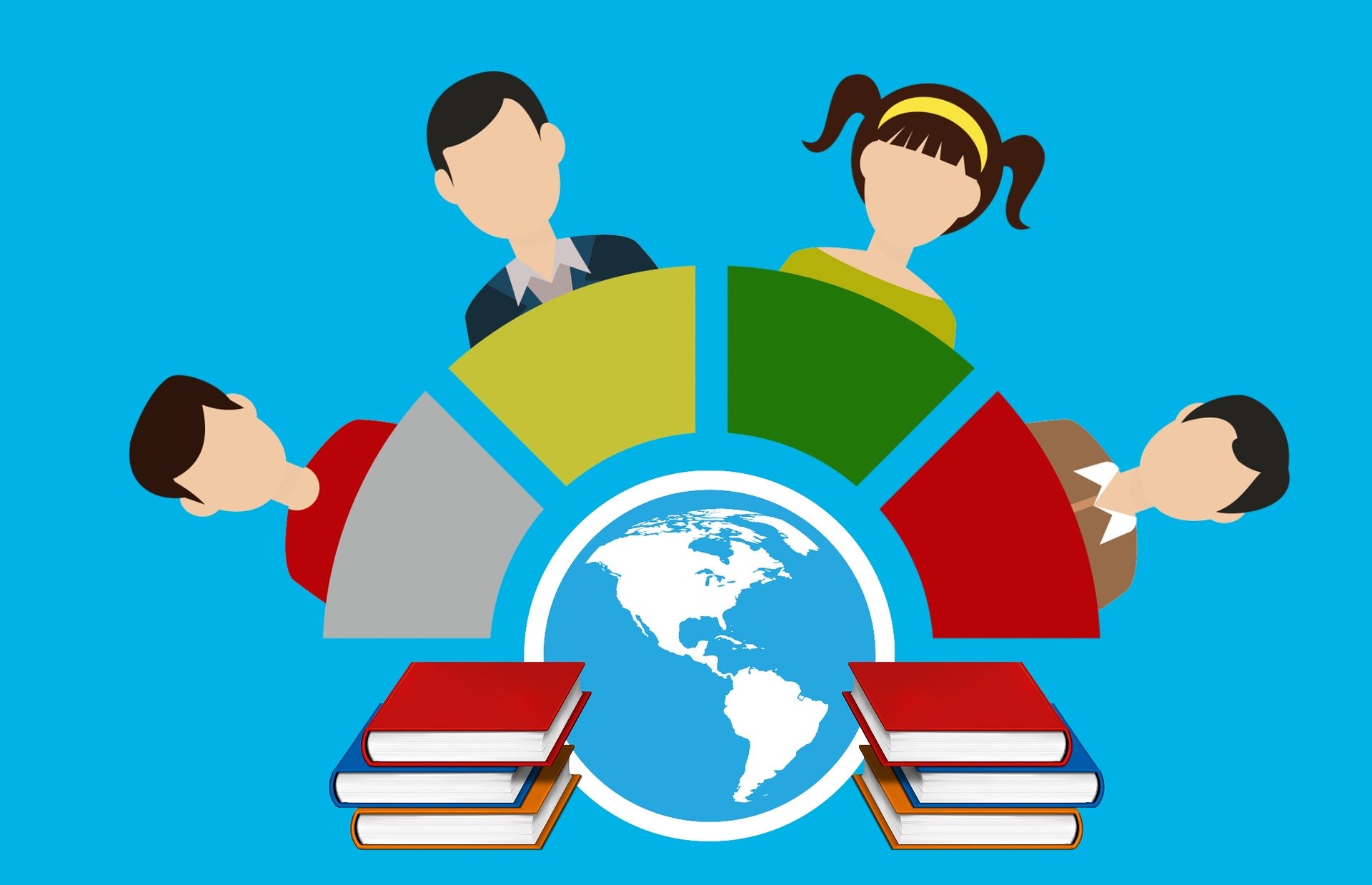 Is education necessary? Education is a powerful representative of change, improves livelihoods, and adds to social stability. It drives long-term economic growth and helps you boost your chance of getting better career prospects in the future, opening new doors in life. However, as time passes, it’s becoming common understanding that the education system is fundamentally damaged. Today, the education system faces various challenges.
Is education necessary? Education is a powerful representative of change, improves livelihoods, and adds to social stability. It drives long-term economic growth and helps you boost your chance of getting better career prospects in the future, opening new doors in life. However, as time passes, it’s becoming common understanding that the education system is fundamentally damaged. Today, the education system faces various challenges.
Many institutions use the training methods of yesterday and outdated curriculum. It leaves students aware of what skills are required to succeed later in life, reducing their career opportunities. Parents aren’t involved enough in students’ academics. Time spent in the class might not be enough for teachers to instruct every student, making it essential for parents to step in. Today, the education system requires focus and attention to fix various issues. Here are five ways that can make the education system better.
- Trained and Professional Teachers
The learning process is continuously decided by how the educator constructs it. As a result, it’s extremely crucial to ensure that teachers hold a high degree of qualification. Their expertise establishes the educator’s degree of professionalism. Furthermore, their willingness to work and their ability to understand the students determine it. The capacity of educators to cooperate with students and find a way to deal with them is essential to creating an ideal environment in the class.
An ideal educator is a successful leader who can motivate students with their influence. Encouraging teachers to pursue a Master of Science in Education in Curriculum & Instruction can help them be familiar with the new educational norms and trends. The institutions should train teachers to keep a neutral opinion and objective attitude in all circumstances. They must not favor any child upon the other to avoid causing any psychological harm to students.
- Education Should Be Learner-Driven
“Is this topic going to be on the exam?” is a question all teachers often hear. The question itself turns out to be a filter for students to discover if they should study that particular topic thoroughly or just forget it. The education system has become so grade-oriented that teachers and students forget their purpose in educational institutions. A one-size-fits-all grading system, standardized examination, and lecture-driven studies only produce drone workers instead of skilled and competent individuals.
Moreover, the education system expects students to sit straight, be quiet, and follow instructions that they aren’t aware of their individuality and creativity by the time they turn to be adults. Even though lecturing is a quick way of teaching topics quickly, the fact is that humans are not designed to learn in a single-session info explanation. Instead, bring academic theories to life with visual and functional learning experiences, helping students realize how school-life academics apply in the real world.
- Introduce Latest Technologies
Educational institutions must adapt and develop to new technologies. Technology has become a vital part of most students’ educational experiences, making it essential for institutes to offer the newest technologies. Using technology in education promotes inventive thinking, helps develop better communication skills and leads to better productivity. It provides students a sense of using real-life tools with related, effective, and better quality results. It widens students’ career prospects, giving them a chance to enter tech-driven companies. Using technology makes the learning experience easy and better.
Moreover, educational institutes should let students get familiarized with new technologies, making it easier for them in the future. Schools should allow students to interact and collaborate through learning networks and other online school platforms. New technologies provide many possibilities for making the knowledge process more collaborative, attracting students to more productive work.
- Revise the Curriculum
The curriculum has to be constantly revised to meet society’s demand for the changing 21st-century workforce. The world is turning into a place where new ideas and knowledge are pouring in a continuous stream. Therefore, educational institutions need to update the curriculum by introducing recent advancements in related fields. It is essential to revise the curriculum regularly, helping students know about present affairs.
Deciding on the requirements, dealing with them, and revising the established curriculum are challenging but essential tasks. Institutions must analyze current teaching practices and learning aims to help them what changes are necessary for the curriculum.
- Involve Parents
Parental involvement in children’s learning process adds to their achievement. Parents are prime educators and remain a huge influence on their children’s learning during school and after. A successful system must support parental involvement in selecting the child’s learning process. When parents are engaged in children’s education, students feel supported and motivated. Educators who concentrate on parent involvement often see a massive change in their classes.
Improving the education system is vital for creating motivated, capable and independent individuals. Building an ideal education system based on comfort and equality is important. An ideal approach should provide every student with better communication skills and solve difficulties that may come in their way of learning. Furthermore, involving the parents more and training teachers according to the latest advancements can help improve the education system.









